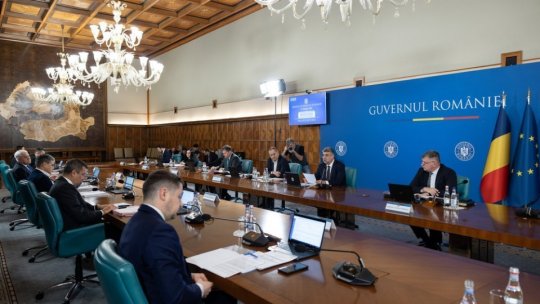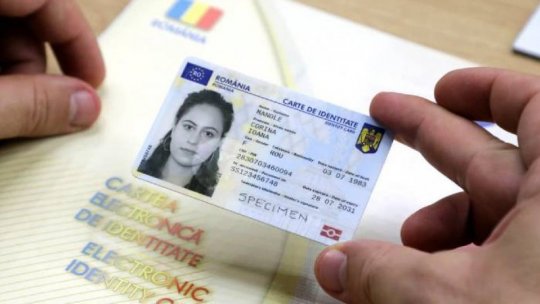Romanian - Hungarian relations, analysed in Bucharest
After a millennium of historical rivalry and enmity, some 15 years ago Romanian-Hungarian relations embarked on the path to normalcy.

19 Octombrie 2010, 16:41
After a millennium of historical rivalry and enmity, some 15 years ago Romanian-Hungarian relations embarked on the path to normalcy. Described as a East-European replica of the Franco-German model, the reconciliation between the two neighboring countries, currently NATO allies and EU partners, is very often given as an example for the Western Balkans and the former Soviet area, which are still marred by frozen conflicts.
On Monday, visiting Hungarian President Pal Schmitt said in Bucharest that Budapest had the moral duty to share the experience it has gained as a member of the Schengen area, and to support Bucharest’s accession in March 2011. Furthermore, Schmitt called on the approximately 1.6 million ethnic Hungarians living in Romania to stay loyal to their country of residence.
”I will urge ethnic Hungarians here to be good citizens, to abide by the rules, to raise their children properly, to pay their taxes correctly, and only afterwards to ask for facilities, for instance to use their beloved mother tongue, so that to be granted autonomy in certain territories, if we like the word ‘autonomy’”.
A recurrent issue in the discourse of the ethnic Hungarian politicians in Romania, the territorial autonomy of the so-called Szeckler Land, in central Romania, is always making the Romanian majority tense. The political class, the mass-media and public opinion are unanimous in saying that the ethnic Hungarians enjoy a special status in Romania, which could be a model for any ethnic minority in Europe. They can use their mother tongue in courts, in the administration and education-from kindergartners up to universities-and their main political representative, the Democratic Union of Ethnic Hungarians in Romania has practically been a member of all coalition governments in Bucharest. Furthermore, all other ethnic minorities, with a smaller number of members, are automatically represented in Romania’s Parliament. That is why, president Traian Basescu told his Hungarian counterpart:
”We wish the Romanian ethnic minorities living in the countries neighboring Romania would enjoy the same level of autonomy as the one we offer to the ethnic minorities in Romania. I would like to make myself clear when saying that our philosophy is that Romanian citizens of Romanian origin, Hungarian citizens of Hungarian origin, Romanian citizens of Hungarian origin, Romanian citizens of Ukrainian origin or Romanian citizens of Serb origin equally need autonomy. They all need autonomy.”
Basescu added that Romania did not aim to create “a regional autonomy, but an autonomy of the communities, in relation with the central government”, by taking measures to decentralize the education system or the health care system.









